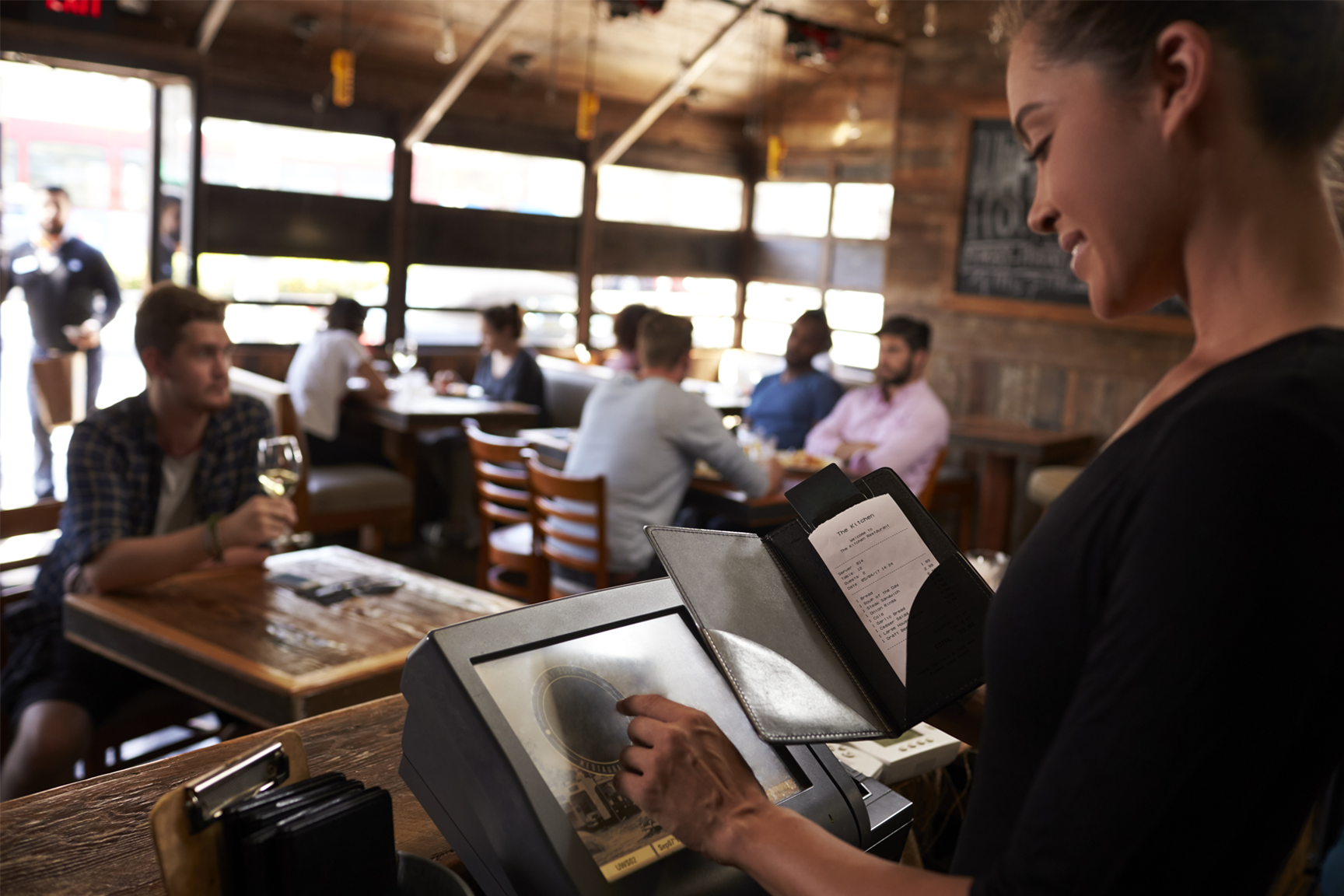The 4 Important Reasons Why You Need Systems in Scaling Your Restaurant
Setting up your own restaurant always comes with different challenges. However, the secret to making sure you are prepared way ahead of these lies in the strategic implementation of your business systems. A well-thought-out restaurant system design is one of the fundamental requirements for those aiming to grow their business in the future (like opening up your business to franchising or just simply expanding by building company-owned branches.)
So why is having a system in place important for your restaurant’s expansion?
The 4 pillars of a restaurant system and they are important
- Consistency: One of the foundations of any successful restaurant is the assurance of consistent quality and service. Guests return with the expectation of reliving their previous amazing experiences. By integrating a system that spans both your kitchen operations and customer service, you promise your customers the same level of satisfaction on their every visit. This is what can set your restaurant apart in a crowded market.
- Efficiency: Streamlined processes are the backbone of any successful, multi-chain restaurant. An effective restaurant system improves service speed, reduces staff errors, and raises the bar in overall customer satisfaction. Efficiency not only improves the dining experience but also helps in improving your team’s morale by reducing stress and confusion during peak hours (know more about restaurant employee burnout here).
- Managed Costs: Financial control is vital in any restaurant business, and a robust system design includes tools for inventory management. With such systems, predicting food usage becomes straightforward, ensuring that you’re always well-stocked without overbuying. Not to mention, a well-maintained inventory system can also reduce cost by reducing business theft. This precision in managing your inventory leads to significant savings and more accurate budgeting.
- Training: The scalability of your restaurant is closely tied to the quality of your training programs. Standard Operating Procedures (SOPs) are essential when you’re onboarding new staff and maintaining service standards. A well-crafted SOP ensures that every employee, regardless of their role, can deliver the experience your customers expect. Not only is it uniformity crucial, especially if you plan to expand your brand to new locations, but it would help you a lot in training staff for your future franchisees.
Implementing Your Restaurant System
Setting up a restaurant system involves several steps:
- Identify Key Processes: Start by listing out all critical operations, from food preparation to customer service.
- Develop SOPs: Create detailed standard operating procedures for each process. As much as possible, keep it idiot-proof – which means no matter who is going to read your SOPs, they would easily understand the steps you have laid out. Include everything, even as simple as what your staff would say as soon as someone opens the door, etc.
- Train Your Team: Ensure every team member understands and can execute the SOPs.
- Monitor and Adjust: Regularly review the effectiveness of your systems and make necessary adjustments.
Implementing a comprehensive business system in your restaurant is a strategic move that sets the stage for sustainable growth and operational efficiency. While it requires initial effort and investment, the long-term benefits of having a well-designed restaurant system is immeasurable. From ensuring consistency and efficiency to managing costs and facilitating training, the right systems will empower you to meet the challenges of the restaurant industry head-on.
If you haven’t started, now is the time to systemize your restaurant operations. If you are still overwhelmed and don’t have any clue where to start, feel free to book a free, no-strings attached business audit call with you.











Comments are closed